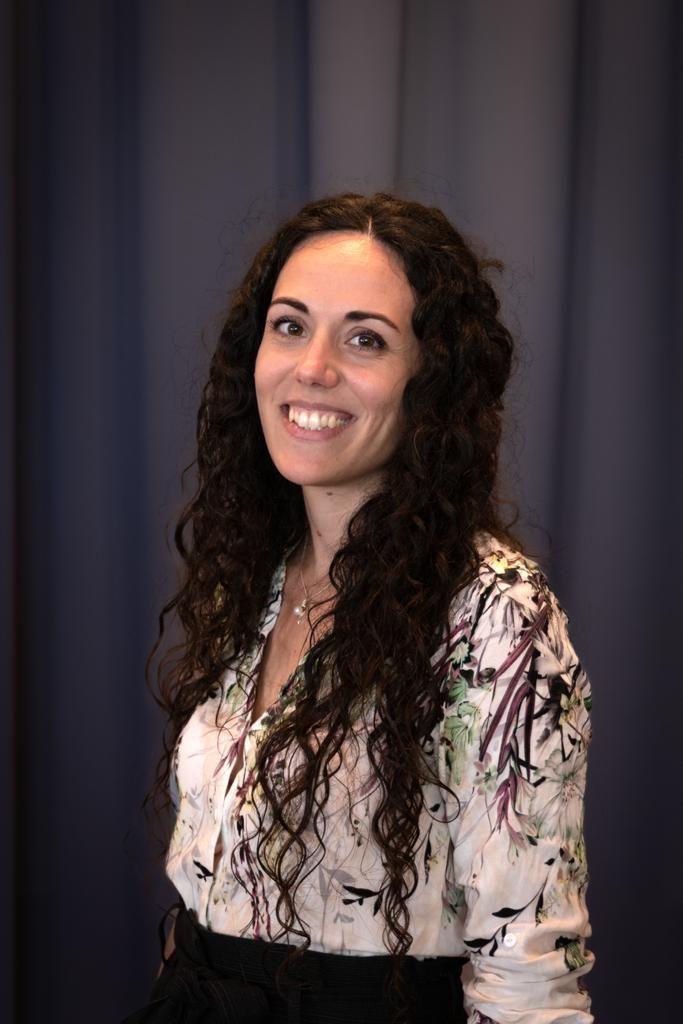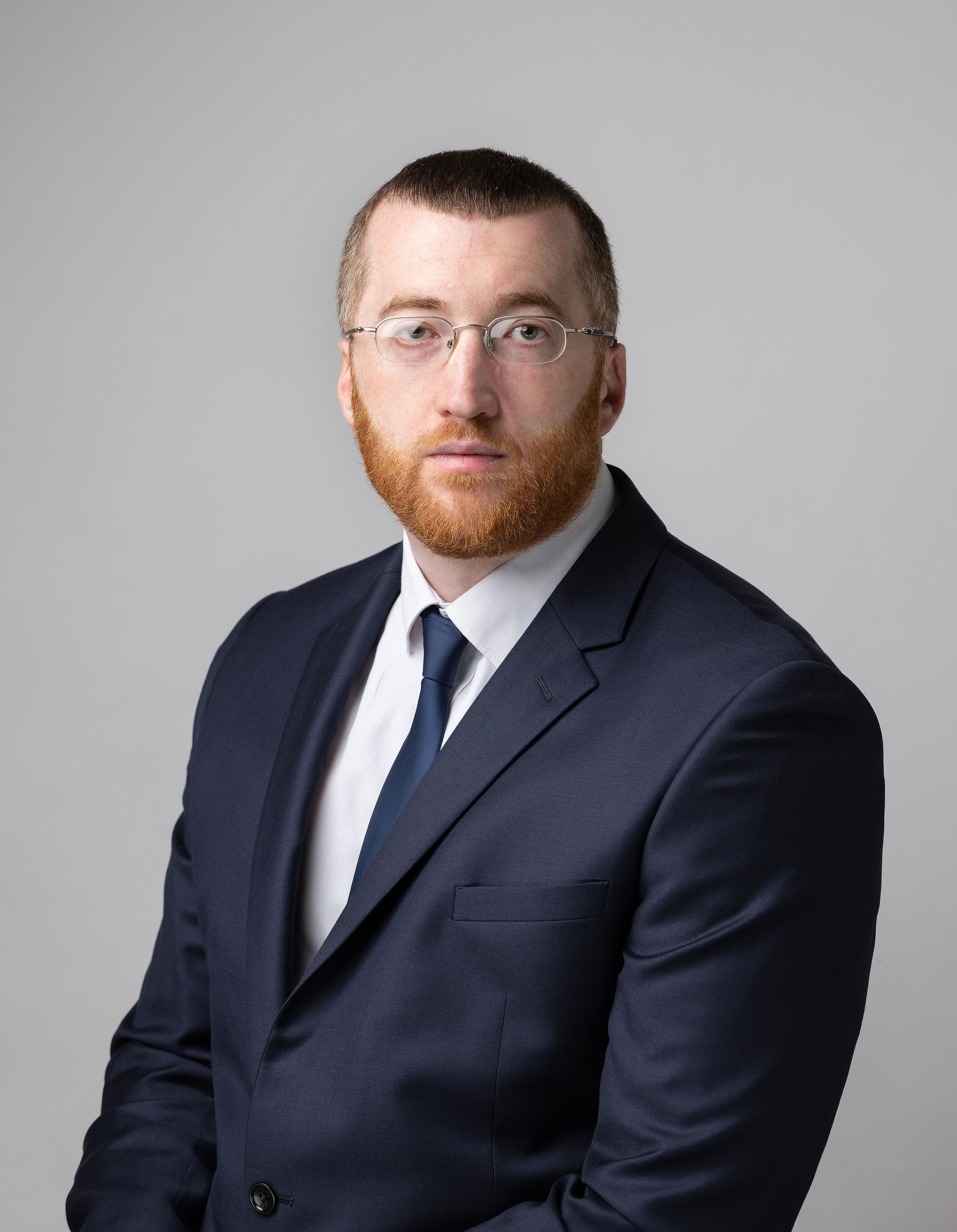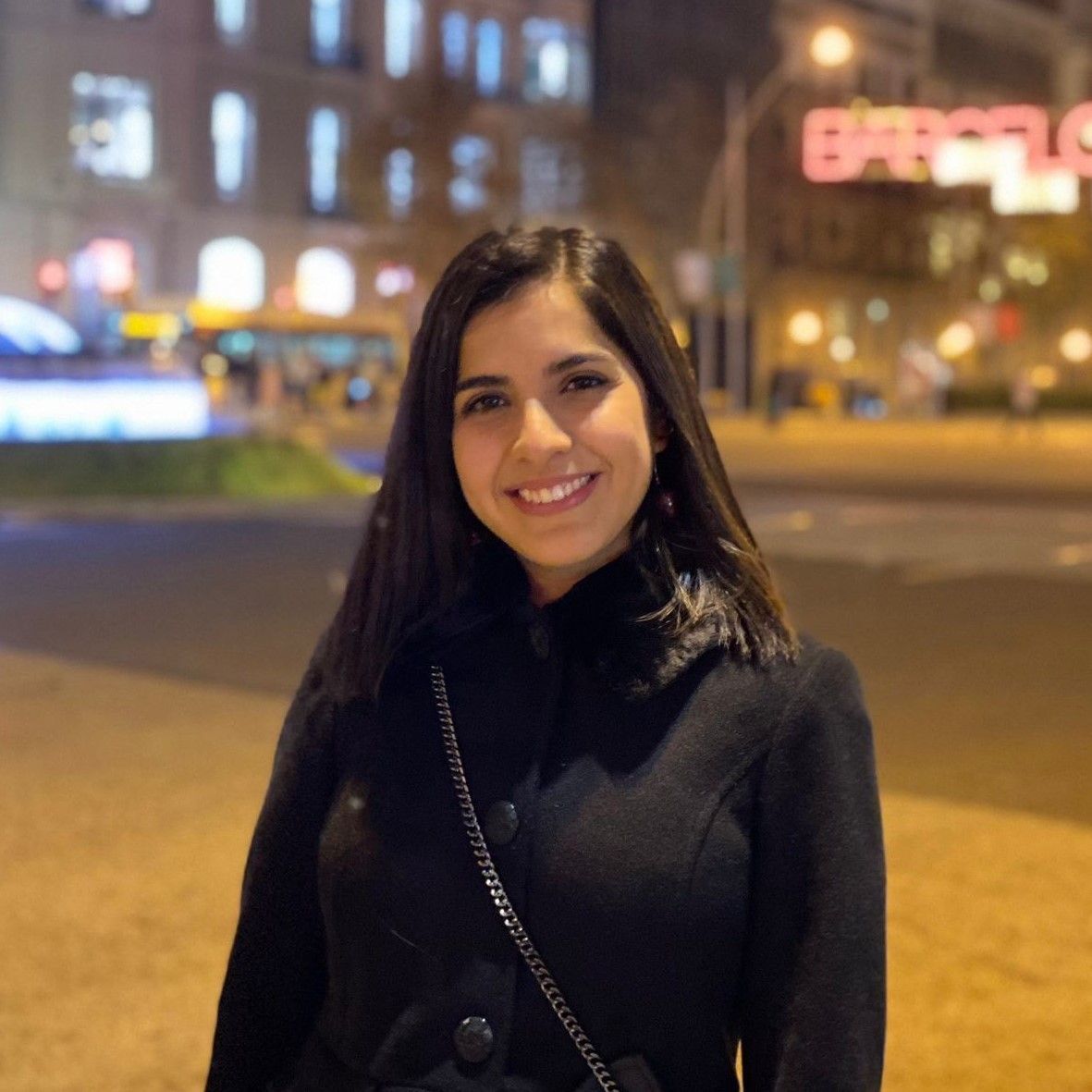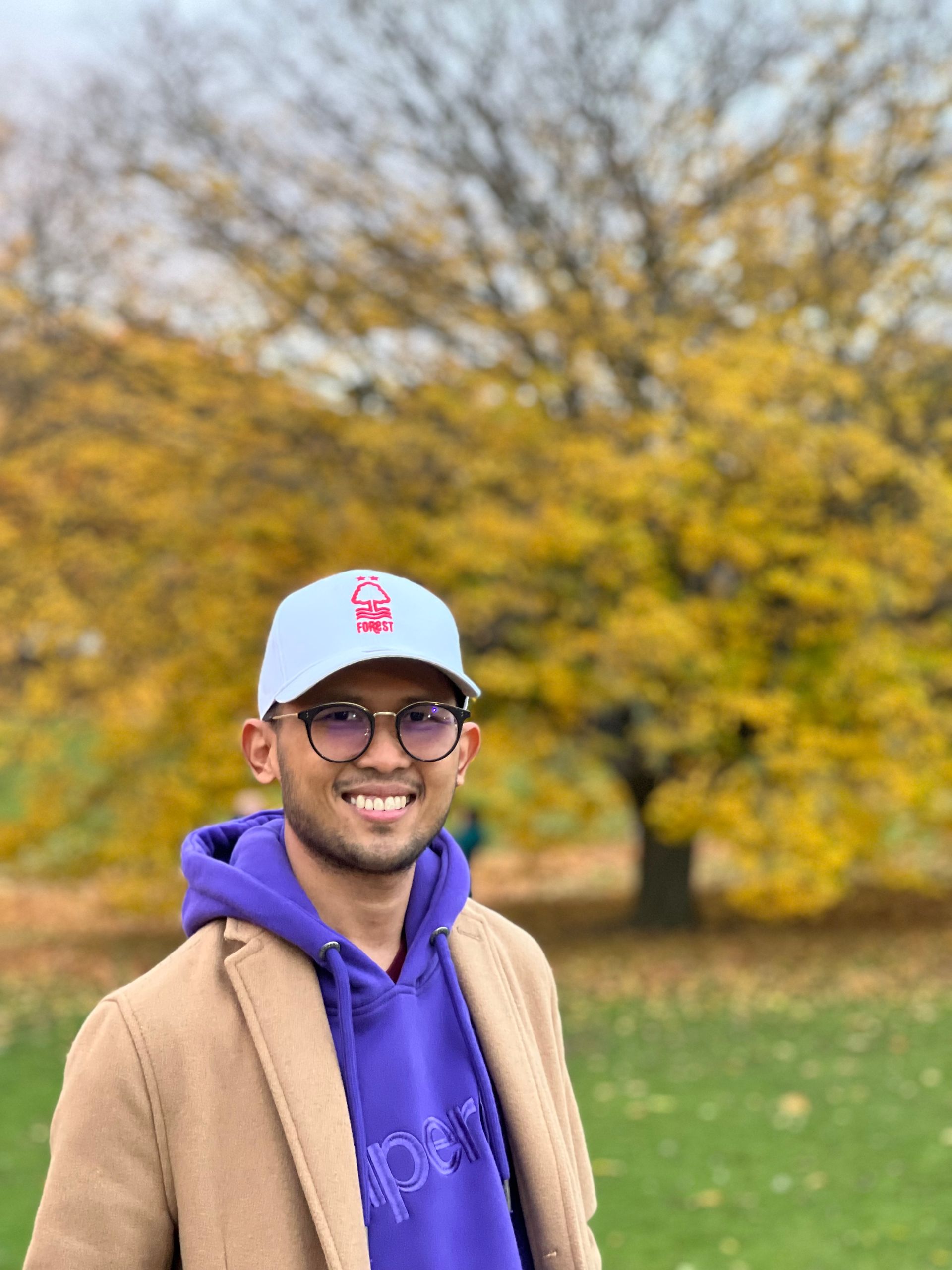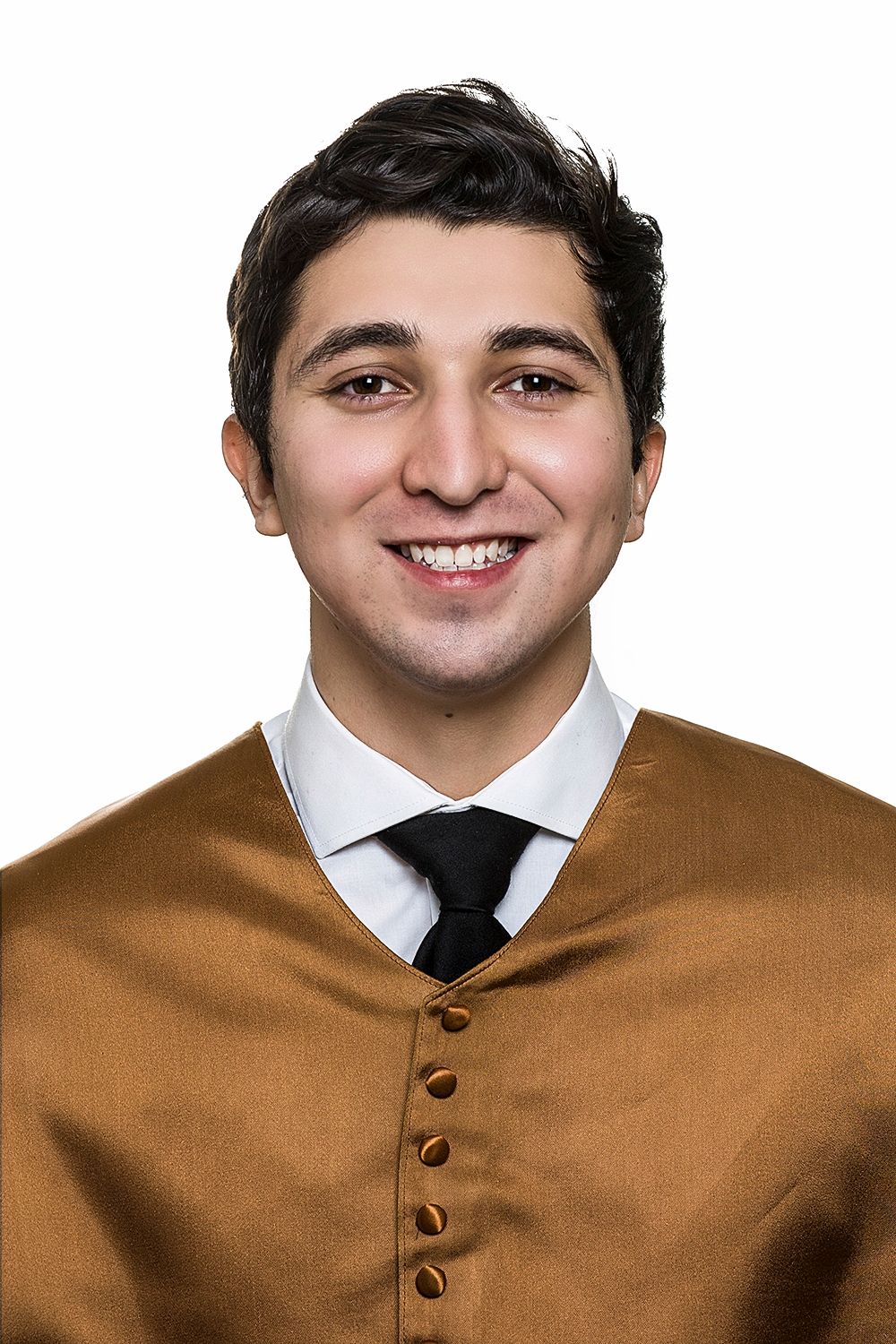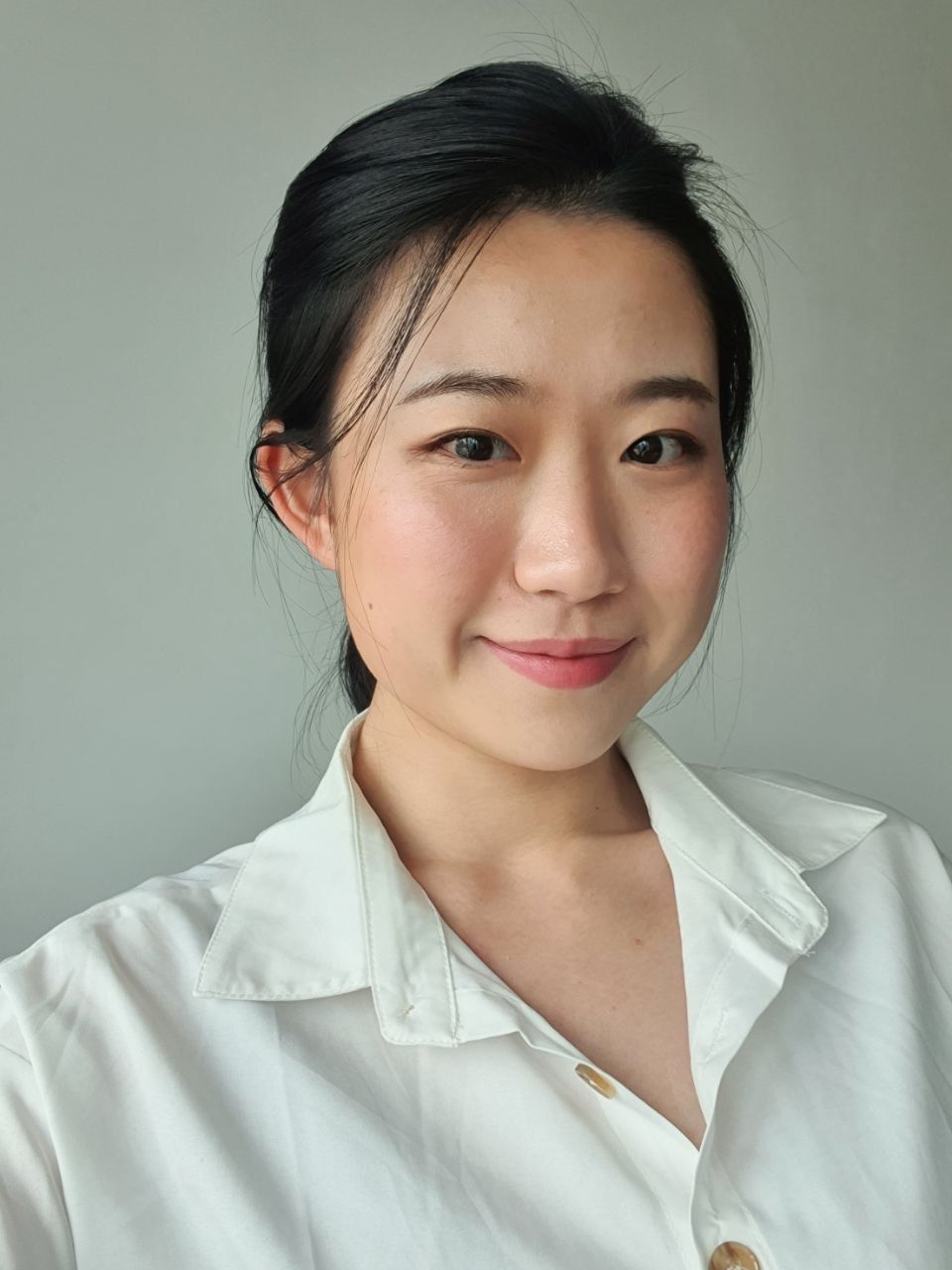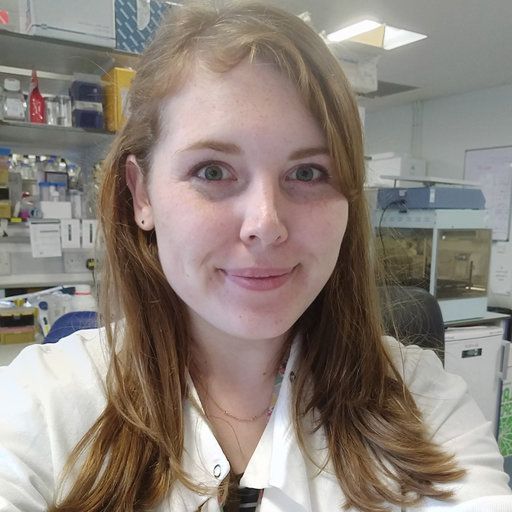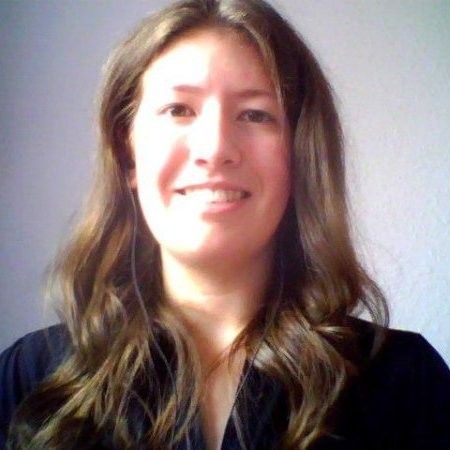OUR TEAM
Dr Nicholas Hannan is an Associate Professor at the University of Nottingham with a strong track record developing stem-cell-derived models of different endoderm cell types including hepatocytes, cholangiocytes, intestinal epithelium, pancreas, foregut and lung epithelial cells. Nick is inventor on 5 patents (4 licensed) and technology founder of DefiniGen Ltd, a successful spinout from the University of Cambridge focused on delivering phenotypically relevant cell models. Nick has been awarded multiple grants including an NC3Rs non-animal technologies grant (Modelling Respiratory Disease), EU Innovative Medicine Initiative (Innovations for Vaccine Development), MRC New Investigator Research Grant (Stem Cell Models of Pulmonary Fibrosis), Wellcome Trust Seed Award (Organoid Models of Inflammatory Bowel Disease) and Rosetrees Trust grant (Stem Cell Models of Fatty Liver Disease). Nick’s expertise in the field is recognised by regular invitation to international conferences.
Originally from Spain, I completed my undergraduate degree in biology at the University of Granada. As part of that degree, I spent a year learning about genetics and laboratory animal science at the Katholieke Universiteit Leuven, Belgium. During my time in Leuven, I obtained by first laboratory job under the guidance of Prof. Jan Geuns, developing sugar-reduced fillings for pralines and chocolate using Stevia. I returned to Granada to complete my Master's degree in Cellular and Molecular Immunology, and I got experience in mesenchymal stem cell culture and gene manipulation under Dr. Per Anderson's and Dr. Francisco Martin's supervision.
I then moved to the UK as a PhD candidate at Newcastle University developing genetic models for cystic fibrosis under Dr. Mike Gray's supervision. My PhD project was focused on the use of pluripotent stem cells and directed differentiation into lung cells for the study of cystic fibrosis. A DMM Travel Fellowship also gave me the opportunity to be trained on stem cells and lung differentiation by Dr. Amy Wong and Prof. Janet Rossant at The Hospital for Sick Children, Toronto, Canada.
Following the award of my PhD, I accepted a position as a Research Fellow at Dr. Nick Hannan lab at the University of Nottingham to pursue an academic career in respiratory diseases.
My research revolves around human induced pluripotent stem cells and their translational uses in clinical and medical research. Previously, I worked with CRISPR-Cas9 to screen large numbers of novel genes for their potential roles in colorectal cancer, identifying several genes with roles in cancer proliferation, drug resistance and cellular stress response in hypoxic and iron-deficient environments.
Recently, I have been working to develop and optimises the use of human intestinal organoids in pathogen testing, to investigate the potential role of organoids in vaccine development. The majority of modern pharmaceutical and vaccine research is done on immortalised cell and animal models, neither of which reliably translate into clinical application. My current work aims to develop methods and assays to facilitate organoids as a more reliable method for future research, improving clinical outcomes and streamlining development.
Ana Lilia Serna received her medical degree from the Autonomous University of Coahuila in Torreon, Mexico. After graduating, she undertook a clinical internship where she gained hands-on experience in various medical specialities. Driven by her interest in basic research, she completed her social service at the Centre for Biomedical Research, where she was involved in curating a database of pathogenic SNPs and correlations of HLA-Natural Killer receptors in the Mexican population. To continue her academic preparation, she pursued a master's degree in Stem Cell Technology at the University of Nottingham in the United Kingdom. Through her research work under the guidance of Dr Nick Hannan, Ana was honoured with the University of Nottingham Vice-Chancellor's Scholarship for Research Excellence, enabling her to pursue a PhD in Human Development.
During her master's and doctoral studies, Ana focused on developing an in vitro alveolar model using human induced pluripotent stem cells (hiPSC) to investigate Idiopathic Pulmonary Fibrosis. Her research involved employing techniques such as genetic engineering, cell culture, and viral infections to study this lung disease. In addition to her academic pursuits, Ana has worked as a laboratory assistant at the University of Nottingham's Asymptomatic Covid Testing Service and as a Covid-19 Vaccinator. Currently, she is working as a postdoctoral researcher at the Hannan Lab, where she is dedicated to completing her research on lung fibrosis and inflammatory bowel diseases.
From a small city in the north part of Sulawesi Island, Tolitoli, Indonesia, I pursued my undergraduate degree in Biological Science at Universitas Hasanuddin, Makassar, South Sulawesi. During my undergraduate degree, I did isolate marine bacteria with biodegradation capacity which can be used as alternative of cleaning petroleum contamination on the sea under Prof Dirayah Husein’s supervision.
After graduating, I moved to the first capital city of Indonesia, Yogyakarta, in 2011 and proceeded my first master’s degree in medical biotechnology at Universitas Gadjah Mada. My master project focused on studying the effect of biomaterial hydrogel and hydroxyapatite on the differentiation capacity of mesenchymal stem cells for bone tissue engineering under supervision of Dr. Henny Herningtyas. Furthermore, my curiosity about stem cells did not stop at that time which was leading me to pursue my second master’s degree in stem cell technology at The University of Nottingham, UK in 2016. My master dissertation was focused on using the dCas9 technology to upregulate the maturation genes of hiPSC-derived cardiomyocytes under supervision of Dr. Vinoj George. Then, I went back to Indonesia and secured a permanent job as a lecturer in Biomedical Engineering, Universitas Indonesia. Because of this position, I got the scholarship from Ministry of Finance, Indonesia to pursue my PhD degree in stem cell biology / human development at The University of Nottingham, UK in 2020.
My PhD project is developing a protocol called “one-go protocol” which can be used to generate all the cells of interest to be able to make 3D lung organoid for disease modelling such as lung fibrosis under Dr. Nick Hannan and Dr. Sara Cuevas Ocana’s supervision.
From Monterrey, Mexico, Carlos Sainz pursued his undergraduate degree in San Sebastian, Spain at TECNUN – Universidad de Navarra where he graduated in 2021 as a Biomedical Engineer. During his undergraduate studies, he was part of the Tissue Engineering Department as a research student assistant under the guidance of Dr. Jacobo Paredes, where he helped develop biomedical equipment and studied the effects of electromechanical stimulation on cardiac and muscle cells, as well as implementation of scaffolds and effects of micropatterning in cell culture.
After graduating, Carlos undertook a Master’s in Stem Cell Technology and Regenerative Medicine graduating with a distinction from the University of Nottingham. His master's dissertation was focused in studying the role of HOX genes in alveolar epithelial development using induced pluripotent stem cells under the supervision of Dr. Nick Hannan and Dr. Sara Cuevas Ocaña. Subsequently, he joing the Hannan lab as a Research Technician, and 4 months later was promoted to Senior Technician, his current role. His research focuses on developing various differentiation protocols using hiPSCs, study mechanotransduction during development, and provide bioinformatic support to the group, specializing in bulk and single cell RNA sequencing.
Recently, he was awarded the BBSRC (Biotechnology and Biological Sciences Research Council) iCASE DTP (Doctoral Training Programme) award along with the University of Nottingham/UKRI International Scholarship to pursue his PhD studies under the supervision of Dr. Nick Hannan and Dr. Amanda Tatler. The project will consist in understanding the effects of particulate matter in lung development using co-culture stem cell models. My aim for the future is to pursue an academic career.

